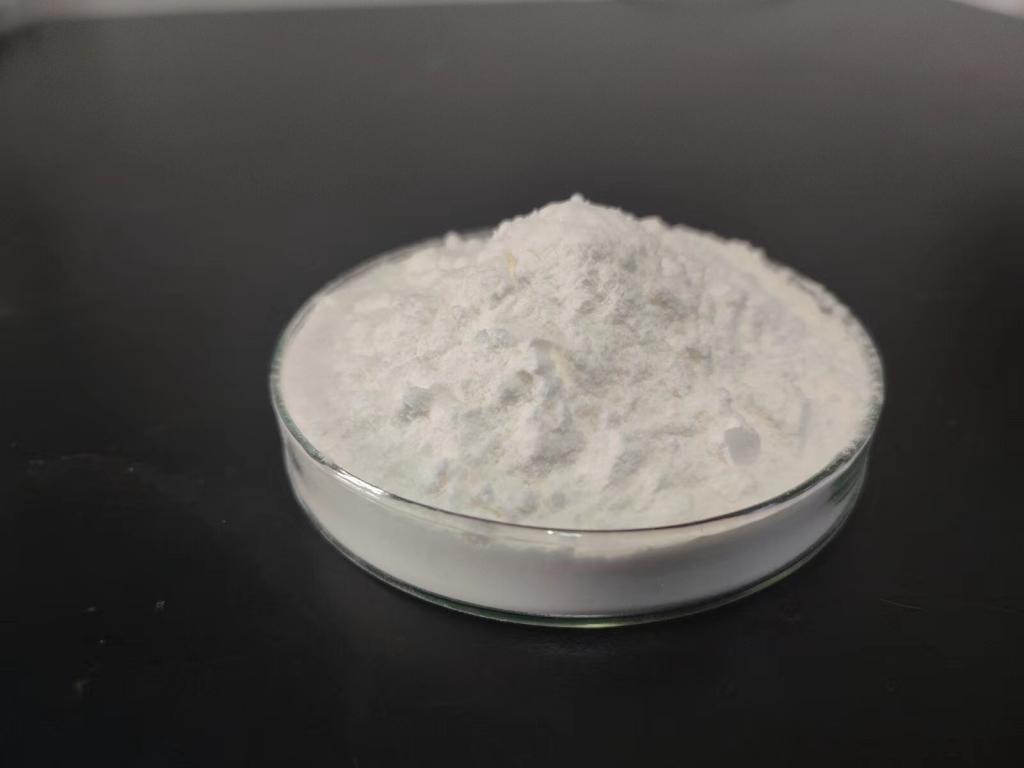Tel:+8618231198596

News
 CONTACT
CONTACT
 CONTACT
CONTACT
- Linkman:Linda Yao
- Tel: +8618231198596
- Email:linda.yao@dcpharma.cn
- Linkman:CHARLES.WANG
- Department:Overseas
- Tel: 0086 0311-85537378 0086 0311-85539701
News
Eco-conscious Beauty: ε-Polylysine Hydrochloride in Sustainable Cosmetic Formulations
TIME:2024-01-26
I. The Rise of Eco-conscious Beauty:
Shifting Consumer Preferences:
Consumers are becoming more mindful of the environmental impact of the products they use, prompting the beauty industry to adopt eco-conscious practices. Sustainable sourcing, eco-friendly packaging, and the use of green ingredients are now key considerations for consumers.
The Need for Sustainable Cosmetic Formulations:
Traditional cosmetic formulations often rely on synthetic additives and preservatives that may have environmental drawbacks. The quest for sustainable cosmetic formulations involves finding natural alternatives that not only meet beauty standards but also align with eco-friendly principles.
II. ε-Polylysine Hydrochloride: An Eco-friendly Marvel
Natural Origin:
ε-Polylysine is a naturally occurring antimicrobial peptide produced by strains of Streptomyces albulus. Its hydrochloride form is a water-soluble derivative commonly used in various applications, including cosmetics. Derived from natural fermentation processes, ε-Polylysine Hydrochloride is an eco-friendly alternative to synthetic preservatives.
Antimicrobial Properties:
One of the key features of ε-Polylysine Hydrochloride is its antimicrobial activity against a wide range of bacteria and fungi. This property makes it an effective preservative in cosmetic formulations, preventing microbial contamination without the use of traditional synthetic additives.
III. Applications in Sustainable Cosmetic Formulations:
Preservation of Natural and Organic Cosmetics:
Natural and organic cosmetics often face challenges related to shelf life and susceptibility to microbial contamination. ε-Polylysine Hydrochloride offers a green solution by preserving the integrity of these formulations, ensuring they remain safe and effective for consumers.
Stabilization of Emulsions:
In cosmetic formulations, particularly emulsions such as lotions and creams, stability is crucial for product quality. ε-Polylysine Hydrochloride acts as a stabilizing agent, contributing to the longevity and consistency of these formulations without compromising their natural or organic characteristics.
Eco-friendly Sunscreen Preservation:
Sunscreen formulations are notorious for their environmental impact, especially concerning chemical UV filters. Incorporating ε-Polylysine Hydrochloride in sunscreen formulations not only aids in preserving the product but also aligns with the growing demand for sustainable and reef-safe sunscreens.
IV. Benefits of ε-Polylysine Hydrochloride in Sustainable Cosmetics:
Reduced Dependency on Synthetic Preservatives:
Traditional cosmetics often rely on synthetic preservatives with potential environmental and health concerns. The use of ε-Polylysine Hydrochloride reduces the industry's dependence on these additives, offering a sustainable alternative without compromising product safety.
Biodegradability:
ε-Polylysine is inherently biodegradable, minimizing its environmental impact over time. This characteristic contributes to the overall sustainability of cosmetic products, especially considering the challenges posed by synthetic ingredients that may persist in the environment.
Allergen-free and Skin-friendly:
As an antimicrobial peptide, ε-Polylysine Hydrochloride is known for its skin-friendly properties. It is less likely to cause irritation or allergic reactions, contributing to the formulation of cosmetics suitable for a wide range of skin types, including sensitive skin.
V. Challenges and Considerations:
Cost and Scalability:
While ε-Polylysine Hydrochloride presents a sustainable alternative, its cost and scalability for large-scale cosmetic production may pose initial challenges. Research and development efforts should focus on optimizing production processes to enhance cost-effectiveness.
Regulatory Approval and Consumer Perception:
Navigating regulatory frameworks and gaining consumer acceptance are crucial steps for the widespread adoption of ε-Polylysine Hydrochloride in cosmetics. Collaborative efforts between industry stakeholders, regulatory bodies, and consumer education initiatives are essential.
VI. Case Studies and Success Stories:
Integration in Natural Cosmetics Brands:
Exploring case studies of natural cosmetics brands successfully integrating ε-Polylysine Hydrochloride showcases its practical application and positive impact on product preservation. These success stories can inspire other brands to adopt sustainable practices.
Recognition in Awards and Certifications:
Cosmetic formulations featuring ε-Polylysine Hydrochloride that have received recognition through industry awards or eco-certifications highlight the ingredient's efficacy and sustainability. Recognition from reputable sources can build trust among consumers.
VII. Future Directions and Research Opportunities:
Synergistic Formulations:
Research into the synergistic effects of ε-Polylysine Hydrochloride with other natural ingredients or preservatives can lead to the development of enhanced, sustainable cosmetic formulations. Combinations that boost antimicrobial activity while maintaining eco-friendliness are potential avenues for exploration.
Biotechnological Advancements:
Advancements in biotechnological processes for the production of ε-Polylysine Hydrochloride may further enhance its sustainability profile. Exploring alternative methods that reduce resource inputs and energy consumption can contribute to greener production practices.
VIII. Conclusion:
ε-Polylysine Hydrochloride stands at the forefront of eco-conscious beauty, offering a sustainable alternative for preserving and stabilizing cosmetic formulations. As the beauty industry continues its journey towards greater sustainability, the adoption of naturally derived ingredients like ε-Polylysine Hydrochloride aligns with consumer expectations for eco-friendly and skin-friendly products. Through ongoing research, industry collaboration, and consumer education, ε-Polylysine Hydrochloride has the potential to redefine beauty formulations, paving the way for a greener and more environmentally responsible future in cosmetics.
- Tel:+8618231198596
- Whatsapp:18231198596
- Chat With Skype







